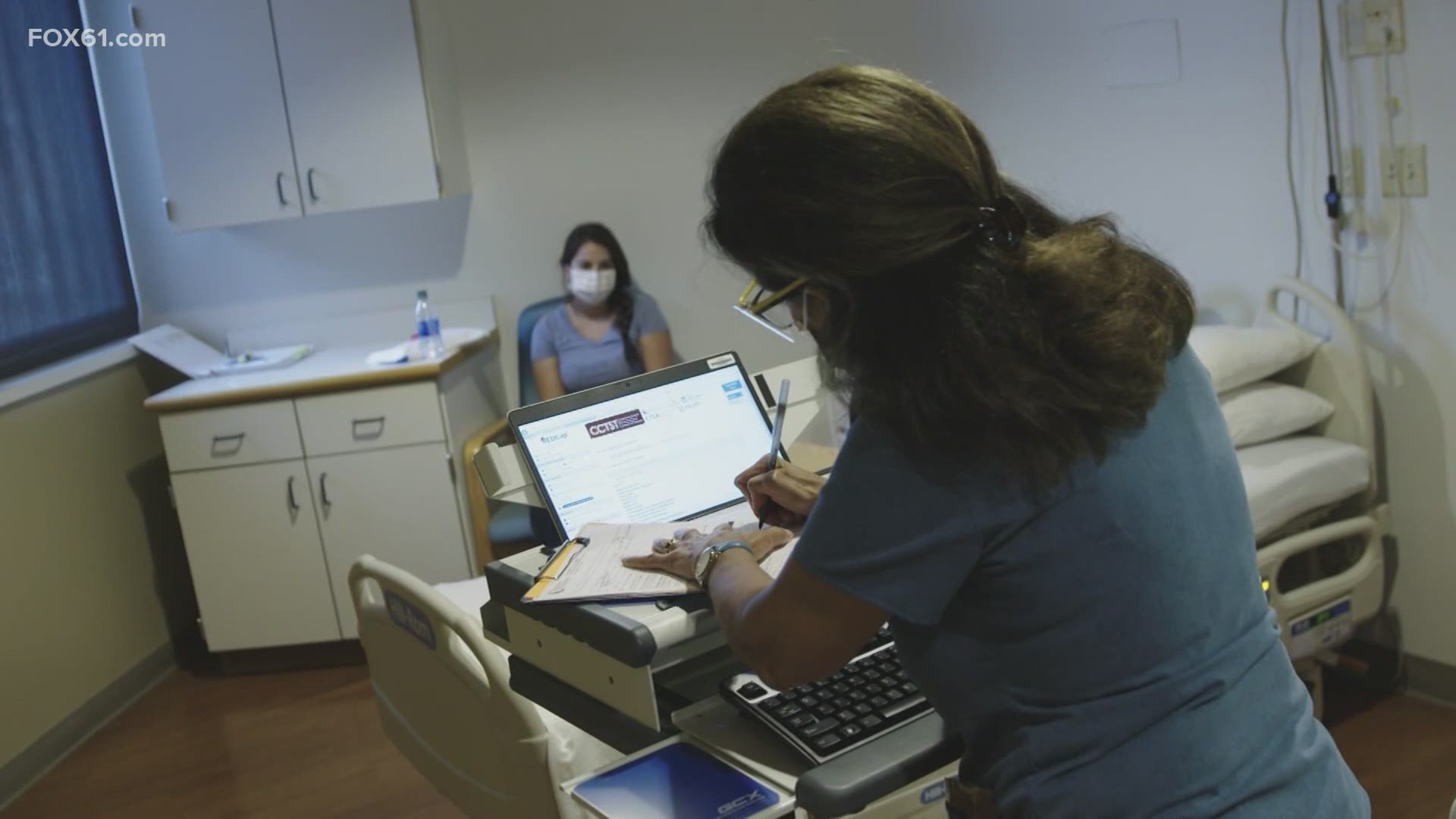An authorized COVID vaccine is likely hours away for the United States, but elsewhere across the world, the vaccine has hit its first safety snag. But how significant is it?
44,000 people took part in Pfizer’s phase three clinical trial and no one in that trail experienced any serious health concerns. However, people with a severe history of allergic reactions were also not allowed to take part in that trial.
The FDA is independently reviewing the safety data of Pfizer’s COVID-19 vaccine while the UK has identified two people who developed an allergic reaction to it. Eric Arlia, the Director of Systems Pharmacy for Hartford Healthcare said, "We’ve seen those reports here in our system and we are reviewing them now. It’s very very fresh information."
But how significant a safety snag is it? Let’s look at the circumstance. The UK has vaccinated thousands of people so far. The adverse reaction to Pfizer’s vaccine occurred in two people. Both of those people were regular carriers of epi-pens or adrenaline injectors that counteract allergic reactions because of their history of allergy. It's not unexpected. "Allergic reactions to vaccines do occur," said Arlia. "and there’s a vaccine reporting system that we will be using, and a few have been designed specifically for the COVID vaccine."
Some people with an allergy to eggs for example develop an adverse reaction to the annual flu shot. This mRNA based COVID vaccine doesn’t contain any of the common triggers for an allergy-like egg, animal proteins, or preservatives. Both people who experienced allergic reactions are recovering well. The UK’s exact wording is important. They have “advised” on a “precautionary basis” that shots not be given to people with a “significant history of allergic reactions.”
More to come from the FDA. But here’s what we know. "There's a reasonable chance in the 5-10% range for the following symptoms. Pain at the injection site, muscle aches, fatigue and at least than 5%, fever," said Dr. Patrick Troy of Hartford Hospital.
Those side effects typically are mild to moderate, last less than 24 hours, and are more common in younger people and more common following the second dose. "I think the most important part of that is that patients who receive the vaccine understand what to look for and that we report those side effects in so that they can be evaluated by the FDA and other bodies," added Arlia.
Doctors have told FOX61 that the fatigue you might feel following an injection is your body identifying the spike protein of the COVID virus and working to kick in an immune response and build those important protective antibodies.

